2024 NBA Finals Leadership Lessons
What We Can Learn from the Boston Celtics and Dallas Mavericks
You might not be a basketball fan. Or, like many vocal old heads, you might like basketball but not this era’s version of the NBA. Regardless, I want to focus on some leadership lessons we might learn from this year’s NBA finals matchup. I hope you learn something even if basketball isn't your bag. Here are a few:
Nothing fails quite like success.
When something is successful time after time usually a failure is not far off in the future. It’s a regression to the mean, in that most everything eventually comes back to the norm, and if something was quite successful for some time, it will likely bounce back to reality soon. In leadership, we see this in the Peter Principle, which observes that in most hierarchies leaders are promoted up to their level of respective incompetence. They do well in position after position, until they no longer do well, and then that’s the position they stay in till they retire. So, most people “end up” being in one position higher than they really should be. In the NBA we saw the supposedly insurmountable Denver Nuggets with their 3 time MVP, Nikola Jokic, ousted by the upstart Minnesota Timberwolves. This included Anthony Edwards, who was summarily elevated to proto-Michael Jordan status for half-a-week of sport talk shows, until the point when the Dallas Mavericks meticulously disassembled the Wolves. Nothing failed quite like the most successful teams in the NBA this year.
Nothing succeeds quite like failure.
Conversely, anything that is failing over and over again tends to do the opposite of regress to the mean and instead will progress to the mean. This truism is harder to swallow than the first one. We look into someone's work history, for instance, because we believe prior performance to be the best indicator of future success. But this concept questions that veracity. Instead, it takes into account that things are always changing and perhaps someone or something just needs a new environment to succeed. An example of this from this NBA season is the Dallas Mavericks. Last year they didn't even make the playoffs and were roundly reviled for tanking their last few games to get a better draft pick. Some of the most followed commentators in the business considered Luka Doncic's situation in Dallas to be one of the worst in the NBA. Instead, we saw an unexpected turnaround from Kyrie Irving, coming off of 6 straight seasons underperforming in the regular season and underachieving in the postseason. Kyrie went from a pariah most felt was toxic to team chemistry, to the steady and wise veteran on a championship contender. Nothing in the NBA this year has succeeded quite like Kyrie's past failures.
The best only become the best with high-caliber role-players.
It is less obvious than in Soccer or Football, but the NBA is truly a team sport and you cannot win by yourself. Michael Jordan showed us this in the 80s. Victor Wembanyama is showing us now. Having one generational talent shine doesn't get you much more than a lot of highlights for your scroll. Look no further than this year's Dallas Mavericks to find this leadership lesson at play. While the Mavs looked much better this year than the last, it was the acquisition of two players others didn't want at the trade deadline to put them over the top. PJ Washington and Daniel Gafford rounded out their team into one where every single player getting minutes knows their role, and that compliments their MVP-level star, Luka, to cast his magic on the other team, setting everyone up with his historic numbers in many categories (29 points, 9 rebounds and 9 assists.) Yes, the 25-year-old Luka is amazing, and likely the favorite for MVP next year, but he truly could not have done it without high-caliber role players in the right slots knowing their best contribution, even if they just figured that out a few months ago. Who are the high-caliber role players doing the same in your team? Do they get appreciated enough for that?
You don’t have to be the best player to win, but it sure helps.
A lot of pre-finals talk is about how Jayson Tatum has not become an MVP-caliber player. The highest he has finished in MVP voting is fourth, and that year he received only one 3rd place vote, with no first or second-place votes. Tatum is the kind of player you’re just as sure will always be a top 10-20 player as you are sure that he will never be MVP. And that’s ok. For the older NBA fans, I'd point to Patrick Ewing, Shawn Kemp, or my beloved Reggie Miller. That’s Hall of Fame stuff to be top 10 in your era. There is no shame in that. But the reason people are concerned about it is that it’s hard to win a title when you’re not a true MVP contender. Only four teams in NBA history have won the ring without a past, present, or future MVP on the team. Three of those were Detroit Pistons teams that shocked the world and the other was up the road in Toronto (odd: it seems the Great Lakes beaches don't attract many MVPs). Of course, the Boston team is so balanced they could win without an MVP winner. But you have to have special chemistry to win without an MVP. To Tatum's credit, he seems to do the things that a top but non-MVP player does on those winning teams. He celebrates the others on the team, he does all the little things that help you win. He doesn't make it all about him. I bring all this up to say that as a leader you don't need to be the best, but you have to find a way to contribute. I've seen some teams in real life succeed without that "star player" on the payroll, and every time, just like in basketball, they have a special chemistry and everyone knows how to contribute, even their "almost-MVP" player at the top.
Defense does indeed win championships.
This truism can be overplayed, but the teams that have improved defensively over and over again make it to the highest levels in this sport and others. It is rare for a team to "get over the hump" without having some new player or scheme that helps them step into the top defensive lists. The Celtics have been one of the best teams in the league in defensive stats this year, and the Mavs, since the trade deadline, have been one of the better defensive teams. When thinking on this I've wondered "What is the equivalent to 'defense' in what I do?" What are the little things I can do that aren't flashy, that maybe don't even show up in my metrics, that might help me and my team succeed? What can I do that might not feel like a win, but ensures something stupid doesn't undercut what I'm doing? What can I do that ensure we don't fall behind? These are the "defense" areas in my leadership life, and that kind of defense helps me and my team win.
You cannot count on some of the things you used to count on.
It doesn't seem like the home-court advantage matters as much as it used to in the NBA. It's been fascinating to watch, especially in the Nuggets and Timberwolves series, where only 2 of the 7 games were won by the home team, and the defending champions lost the deciding final game on their home court. What a roller coaster! I've noticed, especially post-Covid and with many other changes in the world today, that this leadership truth is emerging: you cannot count on some of the things you used to count on to help you. Think about that. What is something that was a reliable help to you in what you did a decade ago that can no longer be relied upon? What used to be a given that you're no longer given as a sure thing in your field? This can be a depressing thought at first, but it can help you stare reality in the face and adjust to the brutal facts on the ground. It can also help you spot new and unrecognized advantages. In the NBA some have called it the "road court advantage" that comes when you silence the crowd in the first quarter and the team at home begins to panic, playing outside their game plan. Is there a similar counter-intuitive edge you can take advantage of in the coming months and years?
We underestimate the motivation of underestimation.
I've seen it over and over again in many sports, but teams that feel like they are disrespected, by the media, by the other team, and even by their own fans, get a chip on their shoulder that helps them win. I've seen this in individuals too, who succeed in overcoming their odds with a "they didn't believe in me" motivation. We underestimate the motivation of underestimation. Watch for this in the NBA. Both teams have reasons to say they were underestimated. Luka and the Mavs were written off last season as I mentioned. And even though the Celts had the best record in the league this year, all along people have said "But they just don't win the big games to win a ring." This is such a powerful motivation that I've seen some athletes make things up to generate their own ‘bulletin board material” (a famous habit of Michael Jordan). I've seen some players in press conferences go far out of their way to make sure they don't say anything that might give undue motivation to their opponent the next game by not giving them their due. What might that be for you? Can you find a way to thrive despite rejection? Could you start to see some of your failures as motivation for your next success? Who didn't believe in you, even in your childhood, that you could begin proving wrong? Does having detractors make you more disciplined, or less? Many excellent leaders find a way to turn those events from victim stories into the fuel of victory, in more ways than one.
Those are a few of the leadership lessons I'm spotting as this NBA comes to a Finals creshendo. What are you learning from basketball or other sporting events that you're applying to your leadership?
(I also want to say how proud I am of myself that I made it to the end of this article without mentioning my beloved Pacers this year who tragically lost in a sweep against the Celtics in the Eastern Conference Finals. My only leadership lesson from them is this: “Better luck next year, fellas!”)


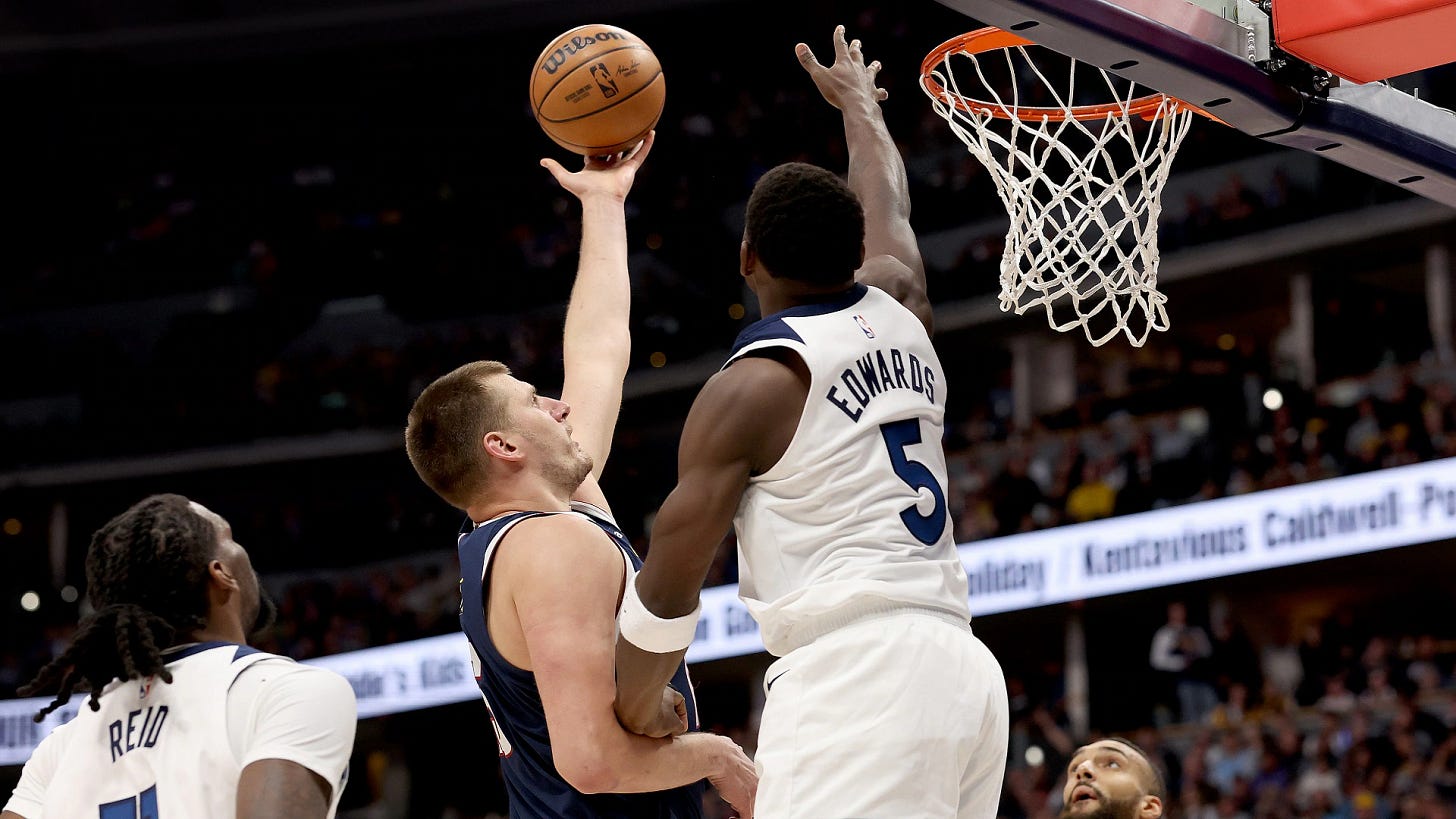
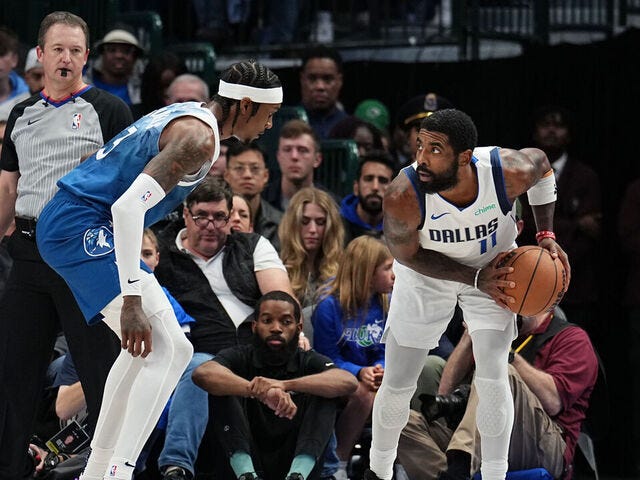
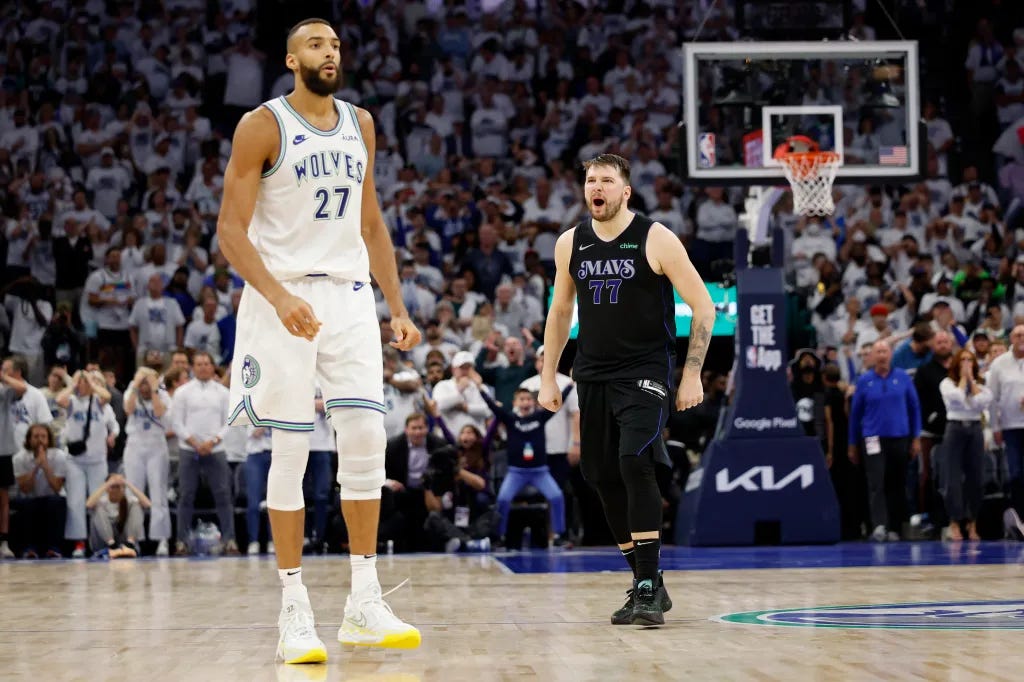

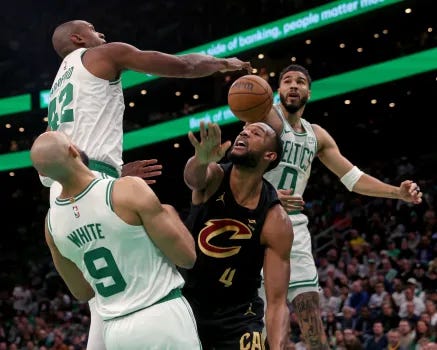
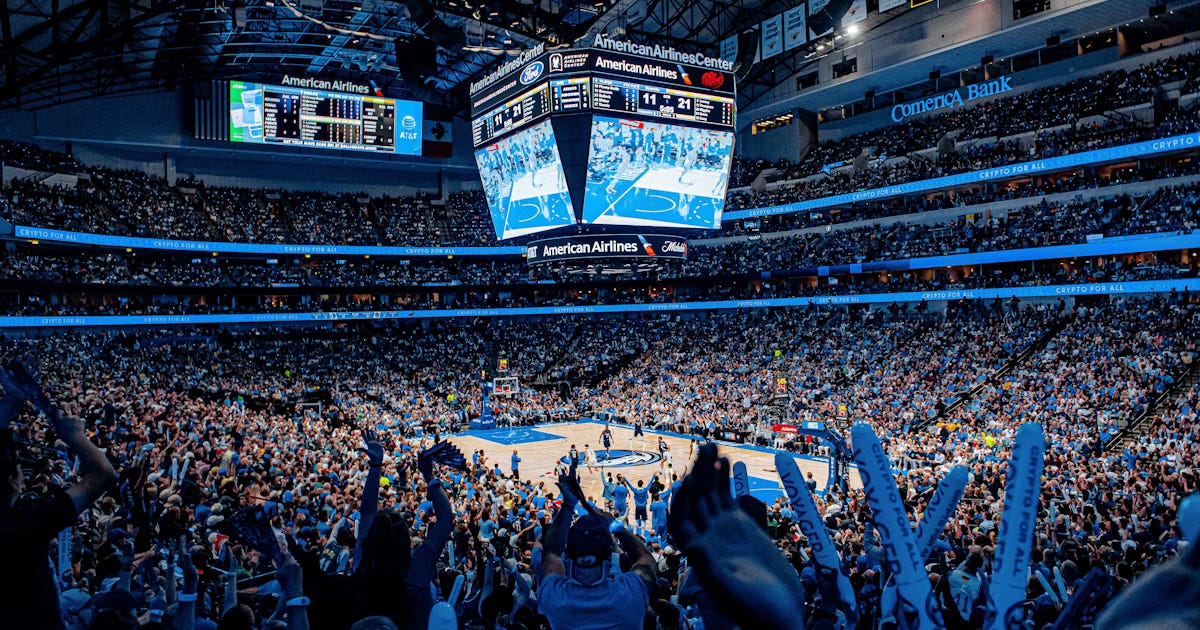

First, I didn't know basketball was still happening, so that tells you how little I know about the NBA (or the NHL or MLS or many other team sports). Second, I'm not sure I understand how to apply the defense (see first point) questions in my leadership. I'm a baseball person. Defense is getting outs, so pitching and fielding, but those aren't 'little things'. There are nine people on defense at the same time, whereas there are only one to four people on offense (batter and base runners). So the analogy breaks down based on my lack of understanding of basketball. Can you explain the focus on defense a bit more (without the basketball analogy)? Thanks!
Based on that analysis, who ya got in the Finals and in how many games?